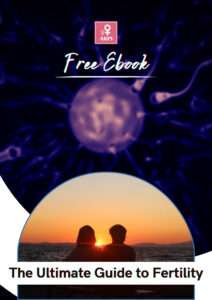There is a raging question among couples opting for IVF treatment. Why are gynecologists recommending genetic testing during for IVF? And are there any disadvantages, or risks, that can be caused by genetic testing? Let’s explore the reasons behind doctors suggesting this testing to screen embryos before transferring them to the uterus during an IVF procedure.

Preimplantation Genetic Screening (PGS) and Diagnosis (PGD) – Test that screen for potential genetic abnormalities or a specific genetic disorder. PGS screens for chromosomal abnormalities, such as Down Syndrome, as well as abnormalities in chromosome position. Whereas PGD tests embryos for a specific gene mutation[s] where there exists a known genetic abnormality in parents.
When is genetic screening done.
When a couple opts for IVF treatment, especially when the woman is over 35, doctors recommend genetic testing. Or when there is a history of failed IVF cycles, or miscarriages or known genetic disorder. This is a preventive measure, to prevent any genetic disorder that may be carried from the parents to the child. And that the best embryos are implanted to have a healthy and normal child.

PGS screens for chromosomal abnormalities that may cause Down syndrome, Edwards syndrome as well as miscarriages. While PGD screens for history of a genetic disease in the couple’s family. These tests require multiple embryos for testing.
Why genetic testing recommended during IVF.
With genetic screening, the doctors can filter most healthy ones and transfer to uterus. However, does this help increase IVF success rates?
Preimplantation genetic diagnosis reduces pregnancy loss in women aged 35 years and older with a history of recurrent miscarriages.
Reprod Biomed Online. 2018 Aug; 37(2):178-183.
This being a comparatively new technology there is still more research required to verify it’s impact on IVF success rates. However, it can be assumed that genetic testing for IVF may not be required for women under age 35 due to lower possibility of abnormal chromosomes.
Consult a doctor to understand and deal with the emotions and stresses of IVF procedure. And may help you cope with the feelings that may arise during your IVF journey.

